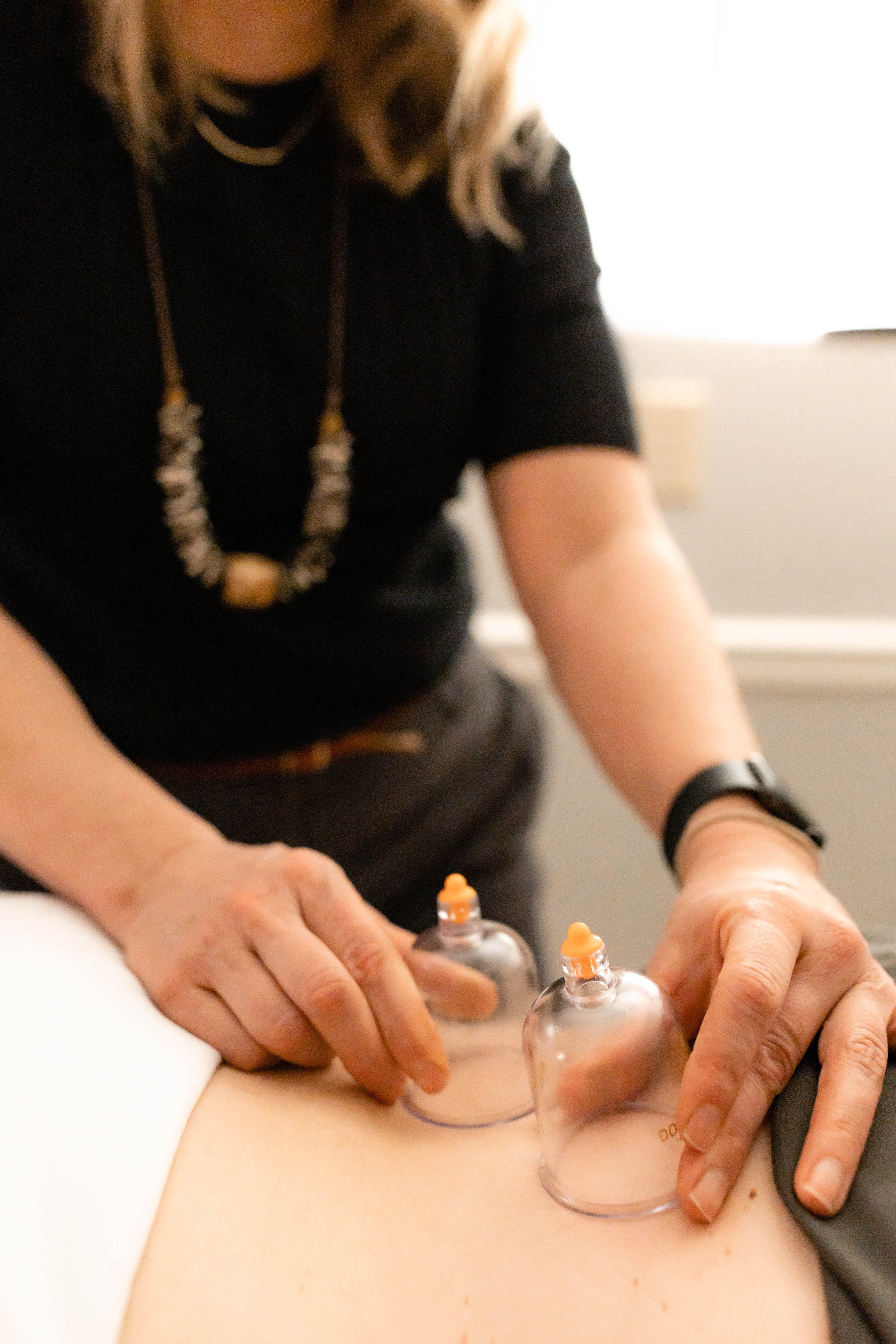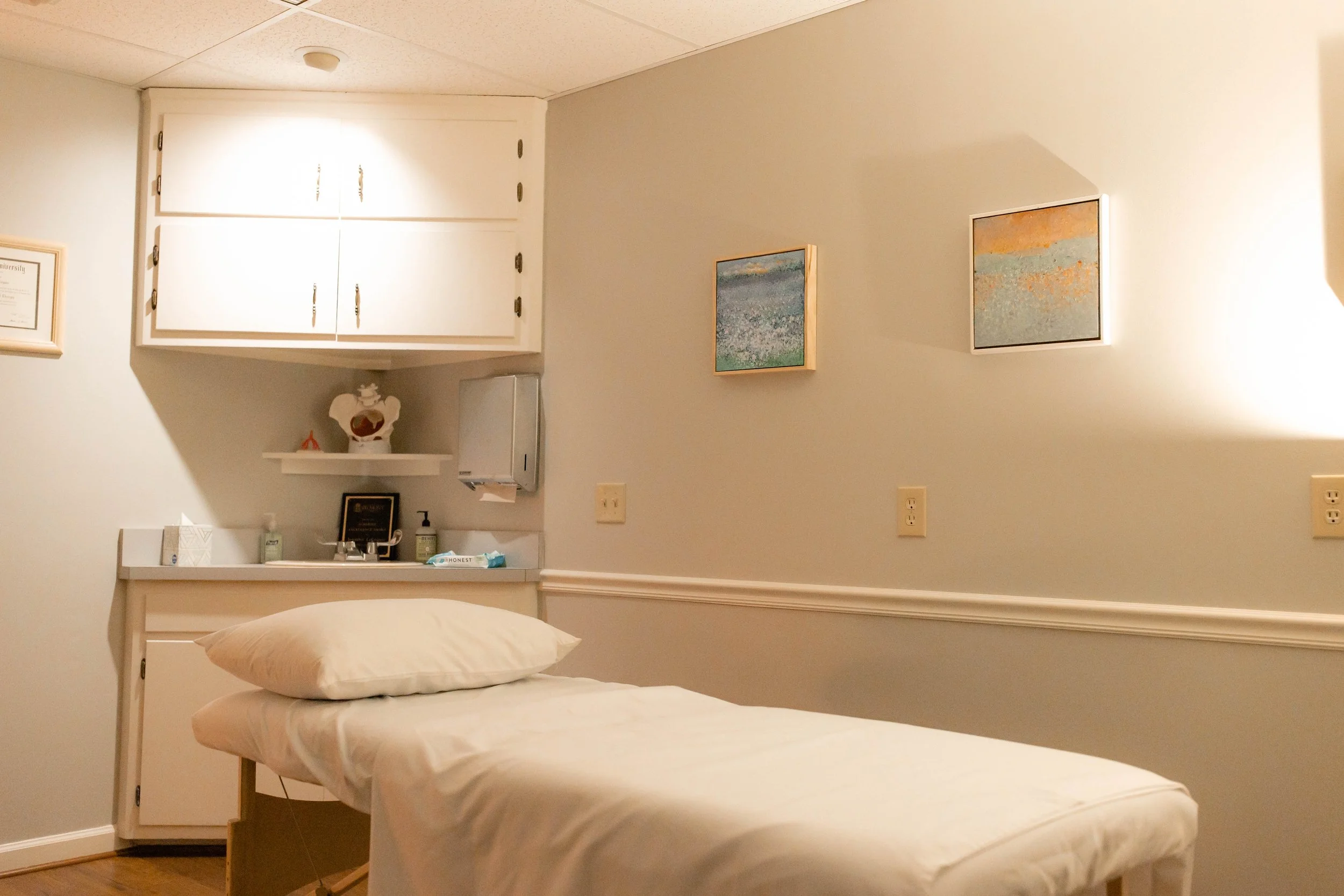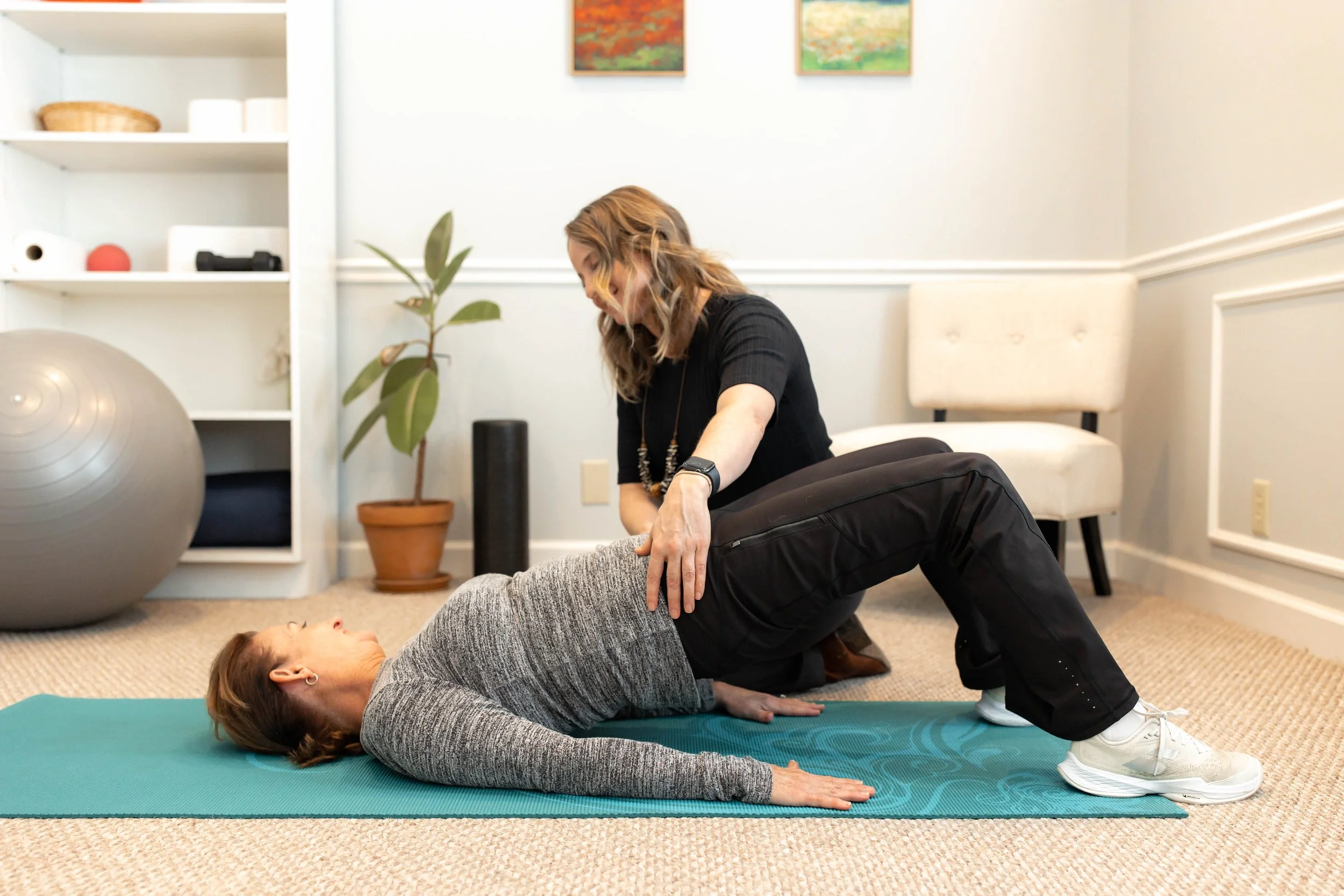Pelvic Pain
Pelvic floor physical therapy offers a holistic and non-invasive strategy to combat pelvic pain, a common yet often debilitating condition. Through a tailored regimen of manual therapy, strengthening and relaxation exercises, and education on pain management techniques, our specialized therapists work to address the root causes of discomfort. This approach not only alleviates direct pain but also re-educates and rebalances the pelvic floor muscles to prevent future recurrences. Patients can expect to gain improved muscle function, reduced tension, and a better understanding of how to maintain pelvic health. Embrace a path to a life with less pain with the support of our dedicated and empathetic pelvic floor therapy experts, guiding you toward lasting relief and well-being.
What is Pelvic Pain?
Pelvic pain refers to pain in the lower abdomen and pelvic. It is a common symptom that can affect people of all ages and genders. Pelvic pain can be constant or intermittent and may be accompanied by additional symptoms.
Common Conditions of Pelvic Pain
-
Dyspareunia is pain during or after sexual intercourse. Dyspareunia can affect people of all genders and all ages and is caused by a variety of factors, such as pelvic floor muscle tension, vaginal dryness, infections, medical conditions, and psychological factors. Pelvic floor therapy can be a very effective treatment for dyspareunia caused by pelvic floor muscle tension and vaginal dryness. Our experienced pelvic floor therapists can teach you how to relax your pelvic floor muscles and improve your vaginal lubrication through exercises and other techniques. Pelvic floor therapy can also be helpful for dyspareunia caused by other medical conditions, such as endometriosis and fibroids.
-
Vaginismus is a type of sexual dysfunction in which the vaginal muscles involuntarily contract during sexual intercourse, making it difficult or impossible to penetrate. Vaginismus is a common condition, affecting up to 2% of women, but it is not normal. Some people may experience vaginismus only in certain situations, such as with a partner but not during self-stimulation, or with penetration but not with other forms of sexual activity. Other people may experience vaginismus in all situations. The most effective treatment for vaginismus is pelvic floor therapy. Pelvic floor therapists can teach you how to relax your pelvic floor muscles and control their contractions through exercises and other techniques. Our pelvic floor therapists can also help you learn how to dilate the vagina using dilators.
-
Vulvodynia is a chronic pain that affects the vulva, the external female genitalia. It is characterized by pain, burning, irritation of vulva that lasts for at least 3 months and is not caused by an identifiable condition. Vestibulodynia, or vestibulitis, is a type of vulvodynia in which the pain is localized to the vestibule, the area around the opening of the vagina. Pelvic floor therapy can be a very effective treatment for vulvodynia, vestibulodynia, and vestibulitis. Our experienced pelvic floor therapists can teach you how to relax your pelvic floor muscles and improve nerve feedback. Pelvic floor therapy can also teach you how to manage and reduce pain, and improve your quality of life.
-
Pudendal neuralgia is a chronic pain condition that affects the pudendal nerve, which is a nerve that supplies sensation and motor function to the perineum, the area between the genitals and the anus. Pudendal neuralgia can cause pain, burning, numbness, and tingling in the perineum, genitals, and rectum. It can also cause difficulty with urination, bowel movements, and sexual function. Pelvic floor therapy can be a very effective treatment for pudendal neuralgia. Our experienced pelvic floor therapists can teach you how to relax your pelvic floor muscles and improve blood flow to the pudendal nerve. They can also teach you how to manage pain and improve your quality of life.
-
Levator Ani Syndrome is a pelvic pain condition caused by spasm of the levator ani muscle, which is the muscle that supports the floor of the pelvis. It can cause pain in the rectum, vagina, and perineum. It can also cause difficulty with urination, bowel movements, and sexual function. Pelvic floor therapy can be a very effective treatment for Levator Ani Syndrome. Pelvic floor therapists can teach you how to relax your pelvic floor muscles and improve blood flow to levator ani muscle. Our experienced pelvic floor therapists can also teach you how to manage pain and improve your quality of life.
-
Chronic pelvic pain is pain in the lower abdomen or pelvic that lasts at least six months. It can be continuous pain or it can come and go. Chronic pelvic pain can be caused by a variety of factors, including pelvic floor muscle dysfunction, endometriosis, fibroids, adenomyosis, ovarian cysts, pelvic inflammatory disease, interstitial cystitis, irritable bowel syndrome, nerve damage, surgery, or trauma. Chronic pelvic pain may also involve low back and/or hip pain. Pelvic floor therapy can be a very effective treatment for chronic pelvic pain caused by pelvic floor muscle dysfunction, endometriosis, fibroids, and other conditions. Our experienced pelvic floor therapists can help you to identify and address any underlying factors that may be contributing to your pain.
-
Pelvic ache and feeling “heavy” are common symptoms that can affect people of all ages and genders. Pelvic ache can be felt in different parts of the pelvis, including the lower abdomen, groin, buttocks, and lower back. It can be a dull ache, a sharp pain, or a burning sensation. Feeling “heavy” in the pelvis is a feeling of pressure or fullness in the pelvic area. Pelvic ache and feeling “heavy” can be caused by a number of factors, including weak or damaged pelvic floor muscles, injuries to the pelvis, certain medical conditions, obesity, and aging.
Pelvic floor therapy is a type of therapy that can help to strengthen the pelvic floor muscles. The pelvic floor refers to a group of muscles that support the bladder, bowel, and uterus. Pelvic floor therapy can be a very effective treatment for pelvic ache and feeling “heavy”. Our experienced pelvic floor therapists can teach you specific exercises and techniques to help manage your pain and improve your overall quality of life.
-
Coccydynia, also known as tailbone pain, is a common condition that can affect people of all ages. It is caused by inflammation or injury to the coccyx, which is the small triangular bone at the base of the spine. Coccydynia can cause a variety of symptoms, including pain in the tailbone area, pain when sitting or standing, pain during bowel movements, and pain during sexual intercourse.
Pelvic floor therapy can be a very effective treatment for coccydynia. Our experienced pelvic floor therapists can teach you exercises to strengthen your pelvic floor muscles and improve your pelvic floor function. Pelvic floor therapy can also help to reduce inflammation and pain in the coccyx area.
-
Low back and hip pain are common symptoms that can affect people of all ages. They can be caused by a number of factors, including muscle strains and sprains, arthritis, herniated disc, sciatica, sacroiliac joint dysfunction, osteoporosis, pregnancy, obesity, and poor posture. Low back and hip pain can range in severity from mild to severe. It can be constant or intermittent. It may also be accompanied by other symptoms, such as numbness, tingling, weakness, and stiffness.
Pelvic floor therapy can help to strengthen the pelvic floor muscles and improve pelvic floor function. This can help to reduce pain and improve mobility in the low back and hips. Pelvic floor therapy can also help to address other factors that may be contributing to low back and hip pain, such as poor posture and muscle imbalances.
-
Interstitial Cystitis, or Painful Bladder Syndrome is a chronic condition that can cause bladder pain and pressure, as well as the frequent need to urinate. Although there is no clear cure for Painful Bladder Syndrome, but there are a number of things you can do to manage your symptoms and live a full and active life.
Treatment of Pelvic Pain at Nashville Pelvic Health
A welcoming space for your healing journey
From the moment you walk in the door, you will be greeted by our friendly and knowledgeable staff. We will take the time to answer your questions and make sure you feel comfortable and informed.Each of our fully private treatment rooms is equipped with state-of-the-art equipment and technology, so you can be confident that you are receiving the best possible care.
We are committed to providing our patients with the highest quality of care in a clean, comfortable, and welcoming environment. We want you to feel like you are part of our family, and we will do everything we can to make your visit as positive as possible.
Caring for the whole you, not just your symptoms
At Nashville Pelvic Health, we believe that the best way to achieve optimal health and well-being is to take a whole person approach. This means that we consider all aspects of your life, including your physical health, mental health, and emotional well-being, when developing a treatment plan.We also believe in building strong relationships with our patients. That’s why you will always see the same therapist at every visit. We want to understand your unique needs and goals so that we can provide you with the best possible care. We are here to support you every step of the way on your journey to better health.
Ready to start your journey to better pelvic health?
At Nashville Pelvic Health, we believe that everyone deserves to live a life free from pelvic pain and dysfunction. Our experienced pelvic floor therapists are here to help you achieve your pelvic health goals.
If you are ready to start your journey to better pelvic health, schedule an evaluation today by contacting us.


